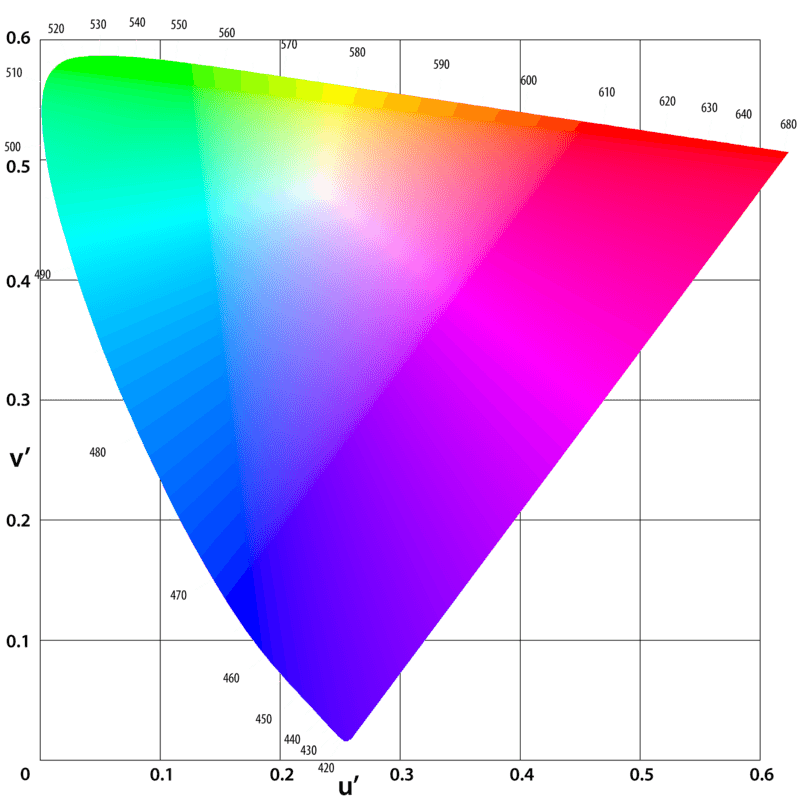
LM-80 is a standard test method developed by the Illuminating Engineering Society of North America (IESNA) to evaluate the lumen maintenance of LED packages, arrays, and modules over time. The full title of the standard is “Approved Method: Measuring Luminous Flux and Color Maintenance of LED Packages, Arrays, and Modules.”
The LM-80 standard is an important tool for assessing the long-term performance of LED light sources, especially regarding their lumen maintenance. Lumen maintenance refers to the ability of an LED to maintain its initial light output (luminous flux) over time. LEDs gradually lose their brightness as they age, and lumen maintenance data helps predict how much light output will degrade over the life of the LED.
Key aspects covered by the LM-80 standard include:
Lumen Maintenance Testing: The LM-80 standard specifies a testing procedure to measure the lumen maintenance of LEDs over a period of time. The LEDs are subjected to continuous operation under controlled conditions, and their luminous flux is measured at regular intervals to track the rate of light output depreciation.
Operating Conditions: The standard prescribes specific operating conditions, including temperature and current, to ensure consistent and reliable lumen maintenance data.
Minimum Test Duration: The LM-80 standard specifies a minimum test duration of at least 6,000 hours of continuous operation for the LEDs being tested. However, manufacturers often conduct tests for much longer periods to obtain more accurate data.
Data Reporting: The results of the LM-80 testing are typically presented in the form of “lumen maintenance curves” or “lumen maintenance vs. time graphs.” These graphs show how the luminous flux of the LEDs changes over time.
By providing data on lumen maintenance, the LM-80 standard allows LED manufacturers and lighting designers to estimate the expected useful life and performance of LED light sources. This information is essential for making informed decisions about the selection and application of LEDs in various lighting projects.
It’s important to note that LM-80 data is typically provided by LED chip manufacturers rather than luminaire manufacturers. Luminaire manufacturers often use LM-80 data along with other factors to predict the overall performance and longevity of their LED lighting products.
Contact Ideal Lighting for more details
